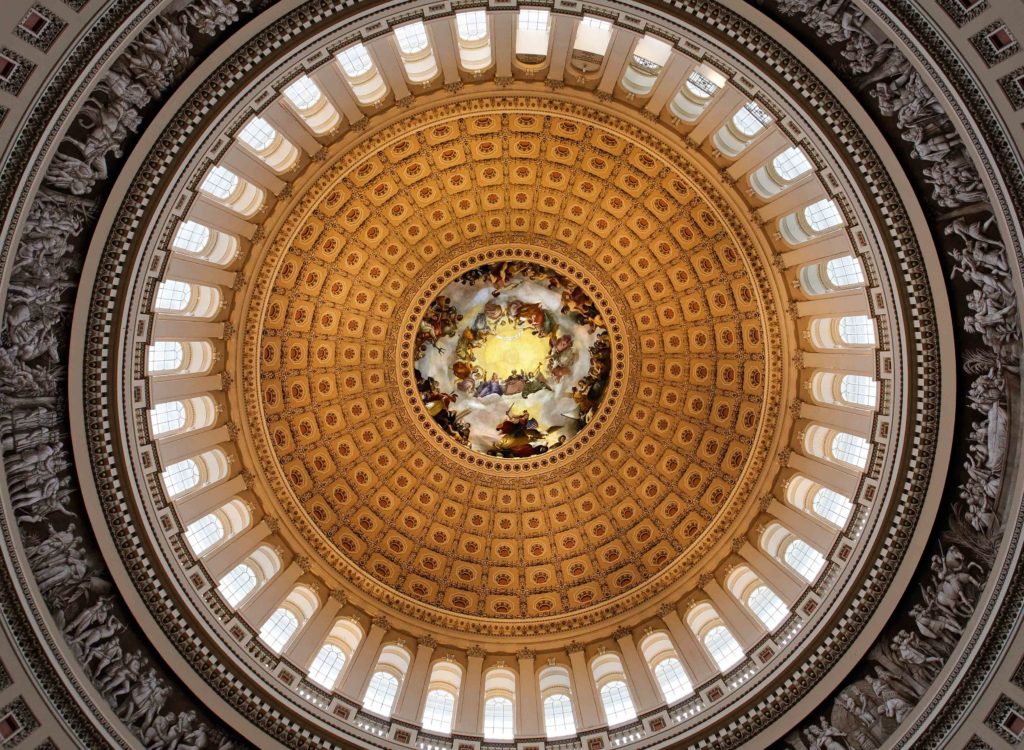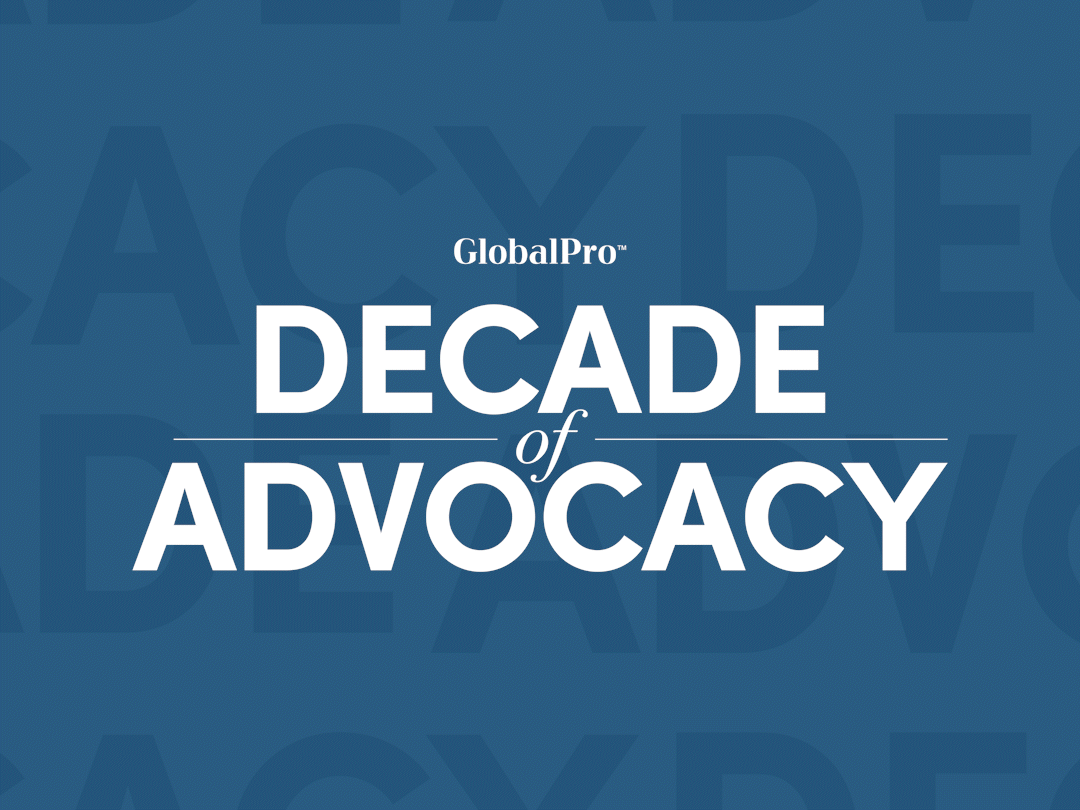Everything About The Florida Special Legislation 2022
By Joshua Bochner

Senate Bill 2D
Senate Bill 2D is intended to address various aspects of residential property insurance in Florida, including but not limited to reinsurance, insurer claims handling, OIR data reporting, and insurer bad faith. Below are highlights and summaries of the bill and specific provisions (this is not intended to be exhaustive or discuss every exception or limitation):
• Reinsurance to Assist Policyholders (RAP) Program – a program whereby up to $2 billion of reinsurance available for hurricane related losses below the mandatory level of the Florida Hurricane Catastrophe Fund
• Certain limitations and prohibitions on contractor solicitations of roof damage claims
• Authorizes separate roof deducible and an option to decline same
• Prohibition on insurers refusing to issue or renew a homeowner policy due to the age of the roof being more than 15 years old, subject to certain conditions
• Changes to insurer claims handling, in particular requiring an insurer to perform an inspection of the property within 45 days of receiving a proof if loss (not applicable to hurricane related claims)
• Requirement that claimant establish that the insurer committed a breach of the policy in order for the claimant to be successful in a claim for bad faith for extra-contractual damages
Senate Bill 4D
is intended to address various aspects of building safety, and make changes to the Florida Building Code; reforms sought to address issues and concerns related to same in the aftermath of the Surfside Condominium Collapse in 2021. Below are highlights and summaries of the bill and specific provisions (this is not intended to be exhaustive or discuss every exception or limitation):
• Changes to the Florida Building Code, specially related to the so-called “25% Rule” related to roof damages and repairs; exception to the 25% Rule whereby the Code would only to apply to portions of the roof being repaired or replaced, and affecting whether an entire roof would need to be replaced because 25% or more of it is damaged
• Establishes structural inspection program for older condominiums and cooperative buildings throughout the state
• Establishes that condominiums must perform specific initial inspections when the building reaches 30 years old, but if the building is within 3 miles of the coastline this first inspection must be done within 25 years; inspections must be repeated every 10 years thereafter
Arguably, the Florida Legislature missed the mark (again) with 2022’s special legislative session. Over the last few regular legislative sessions, the Florida Legislature has been unsuccessful in passing any meaningful reforms or legislation related to residential property insurance. In that time, premiums for residential property insurance have skyrocketed. While the 2022 special legislative session was touted as a means to address the significant issues facing residential property insurance in Florida, and a way to bring premium down that have been continued to rise significantly over the last several years, it remains to be seen whether the new laws will accomplish that. In the meantime, it seems clear the insurers are continuing to shift costs onto the policyholder by increasing premiums while taking away and/or limiting coverages. This will, however, inevitably pave the way for increased costs in claims investigation and adjustment, and of course legal fees and expenses.
The “solutions” put forth by the legislature noted herein (in particular Senate Bill 4D) provides less coverage to policyholders, in exchange for an allegedly small deductions in premium costs, while simultaneously shifting the significant repair costs onto the policyholder for limited or excluded damages and repairs. For example, up until the 2022 special legislative session, the Florida Building Code required that entire roofs be replaced if 25% or more of the roof or roof surface is damaged. The new laws modify the Florida Building Code and provide certain exceptions, allowing for less-costly repairs, so long as the remaining roof meets building code requirements. Moreover, nothing has yet addressed the sharp increase in dissatisfaction amongst policyholders who have losses, as well as those who continue to see premium increase year-over-year.


